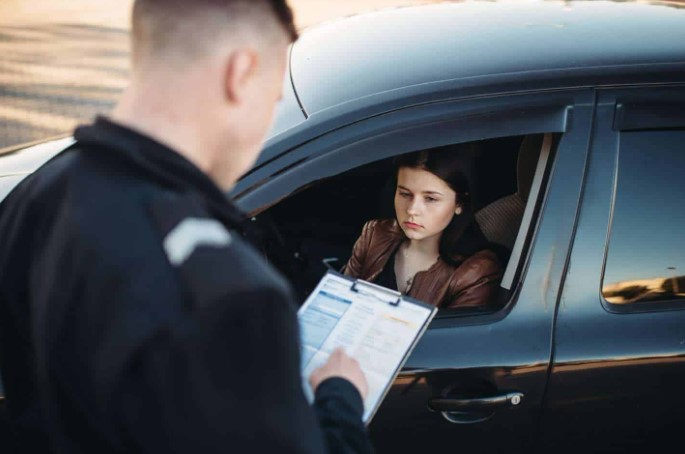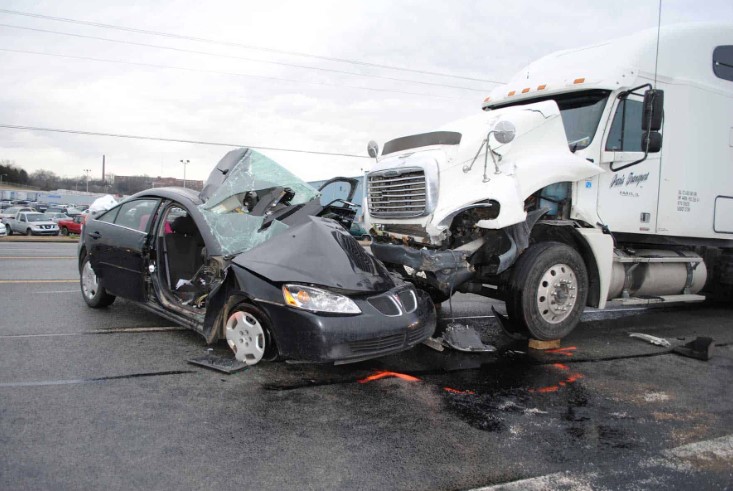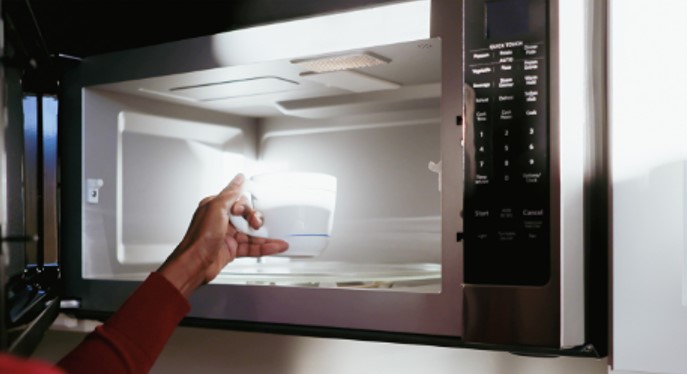Understanding Missouri’s Alcohol Limit

Many people do not understand how low a person’s alcohol limit can be before they can be charged with DUI or DWI. (These are terms that are used interchangeably in Missouri.)
In general, the drinking limit for adults is 0.08{d616ec9028684cd1d98e2ce20ddd83529d937fc361d92b53bbf35263833540c8}. But, the limit is lower for drivers of commercial vehicles. It is important to Understanding Missouri’s Alcohol Limit.
Those Over 21
Most people are aware that there is a legal limit for the amount of alcohol a person may have in their system when they are driving a vehicle. This is known as their blood alcohol concentration, or BAC. It has been found that states with a 0.08{d616ec9028684cd1d98e2ce20ddd83529d937fc361d92b53bbf35263833540c8} limit show a reduction in alcohol-related car accidents. However, most people do not know that there are actually several different levels for what qualifies a driver as drunk. For example, commercial drivers are held to a lower standard of 0.04{d616ec9028684cd1d98e2ce20ddd83529d937fc361d92b53bbf35263833540c8}.
In Missouri, adults over the age of 21 may work in a restaurant serving alcohol and sell it to others at retail stores, provided that there is a supervisor on the premises. However, it is illegal to supply a minor with alcohol in any form or fashion. A first offense for this can result in a criminal charge of Minor In Possession. This can interfere with a young person’s life in many ways, including their ability to obtain certain jobs.
Those Driving Commercial Vehicles
In Missouri, a driver is considered legally drunk with a blood alcohol concentration (BAC) of 0.08 percent or higher. However, the rules are a bit more strict for drivers who operate commercial vehicles, which include semis, 18-wheelers and even school buses.
Furthermore, truckers are required to keep a log of their on-duty and driving time. Additionally, they cannot keep open containers of alcohol in the cab.
Many people wonder how much they can drink before they run the risk of being arrested for a DUI or DWI in Missouri. The answer is that it varies, as factors such as age, gender, body fat and muscle content, hydration, emotional state, metabolism, and overall health all impact one’s BAC.
Those Under 21
Like most states in the country, Missouri prohibits anyone under 21 years of age from consuming or purchasing alcohol. Despite these restrictions, teenagers and young adults still engage in underage drinking often leading to drunk driving, which is one of the most common causes of accidents among teens.
According to the general rule of thumb, disregarding factors such as weight, sex, metabolism, and hydration, it takes approximately two standard drinks for a person’s blood alcohol concentration (BAC) to reach 0.08{d616ec9028684cd1d98e2ce20ddd83529d937fc361d92b53bbf35263833540c8} or higher. However, it is important to remember that this number can vary significantly based on these and other variables.
While prosecutors no longer need to prove that a minor purchased or possessed alcohol in order to be charged, it is important for parents and other adults to teach children about the dangers of underage drinking. Parents may also want to consider investing in an ignition interlock device, which is a small breathalyzer that is installed in a vehicle.
Those with a BAC Above 0.08{d616ec9028684cd1d98e2ce20ddd83529d937fc361d92b53bbf35263833540c8}
It’s a good idea to keep a breathalyzer in your car. These small devices allow you to test your BAC levels and will prevent your vehicle from starting if alcohol is detected. The general rule of thumb is that two standard drinks consumed within an hour should bring your BAC to less than 0.08 percent. However, this is not a concrete number and many factors such as individual body weight and sex affect how alcohol affects people differently.
Even if your BAC is below 0.08, you could still be charged with drunk driving if the police officer suspects that your drinking has affected your driving abilities. The officer will consider your performance on field sobriety tests, your speech, and other relevant evidence to decide whether you are drunk. The state will also require you to install an ignition interlock device if you are convicted of a DUI. This is a small device that you must blow into before you start the car.







